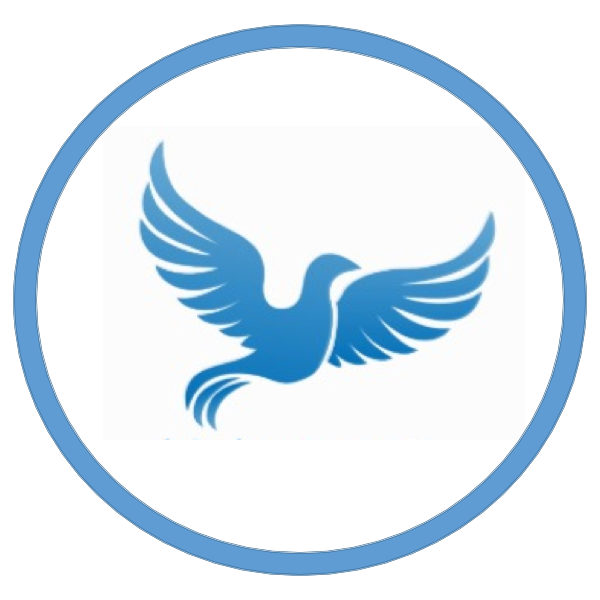Pilot Study To Evaluate A Pharmacologically Active Nasal Sponge Following Endoscopic Sinus Surgery
Description
Sinusitis affects 37 million people each year making it one of the most common health problems in the United States. It has a large impact in direct healthcare expenditures, significant loss of workplace productivity and a greater impact on quality of life than diabetes or congestive heart failure.
The most frequently used treatments are medications and/or Functional Endoscopic Sinus Surgery(FESS). 100 subjects undergoing ESS will participate, randomized into two groups, treatment and control. All subjects will have a Nasopore sponge placed into the middle meatus of the nose at the end of the procedure(The sponge is FDA approved and commonly used. Subjects in the treatment group will receive a Nasopore sponge soaked in Bacitracin solution. These subjects will not receive oral antibiotics post-operatively. The control group subjects will have a saline soaked Nasopore sponge laced during surgery and will receive routine oral antibiotics post-operatively. The hypothesis is that subjects who receive the antibiotic soaked nasal sponge in lieu of saline soaked nasal sponge will have infection rates comparable to those who receive systemic antibiotics, but because they will not receive systemic antibiotics, the treated group will have fewer side effects and the cost to treat them will be less.




